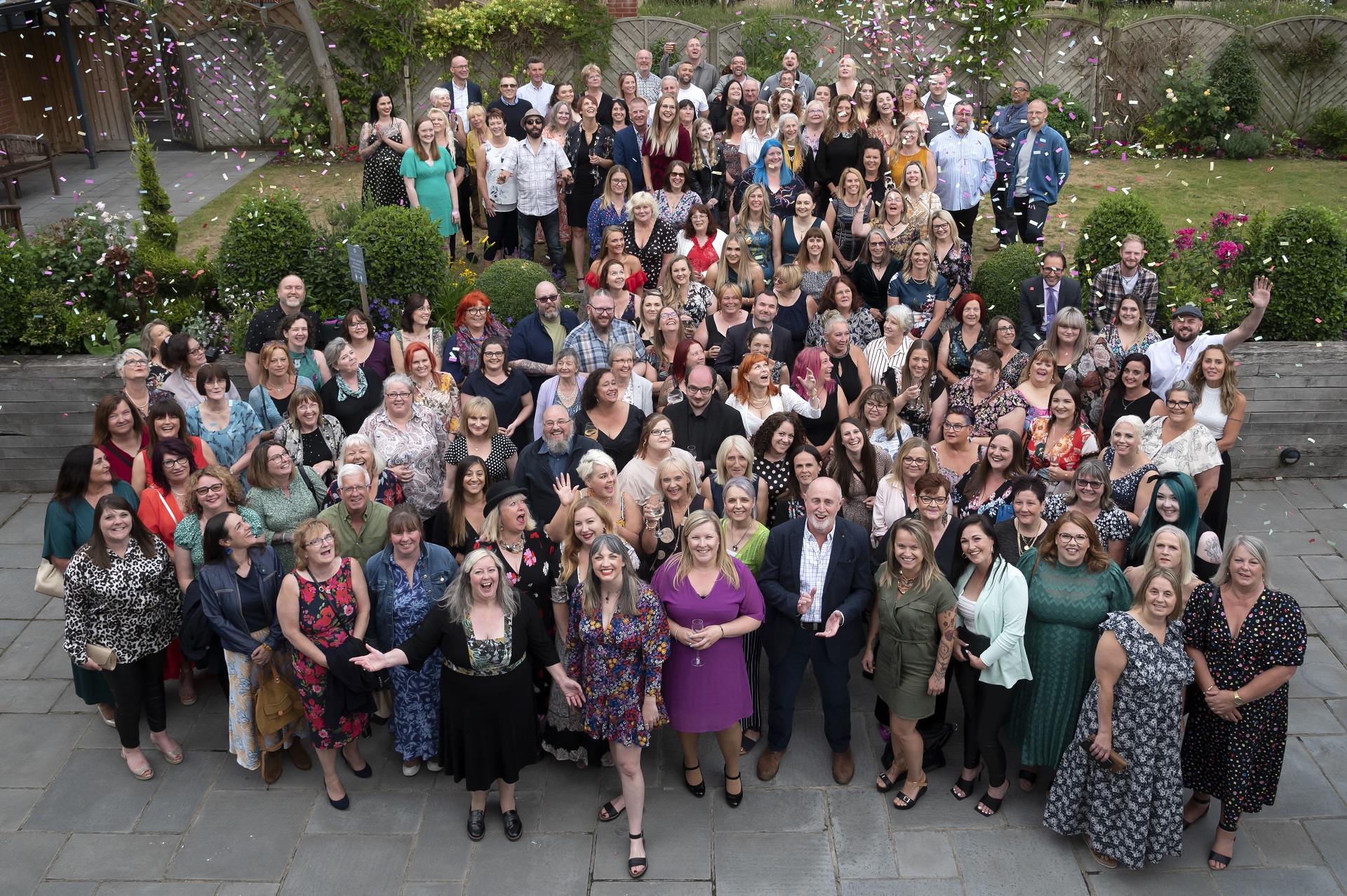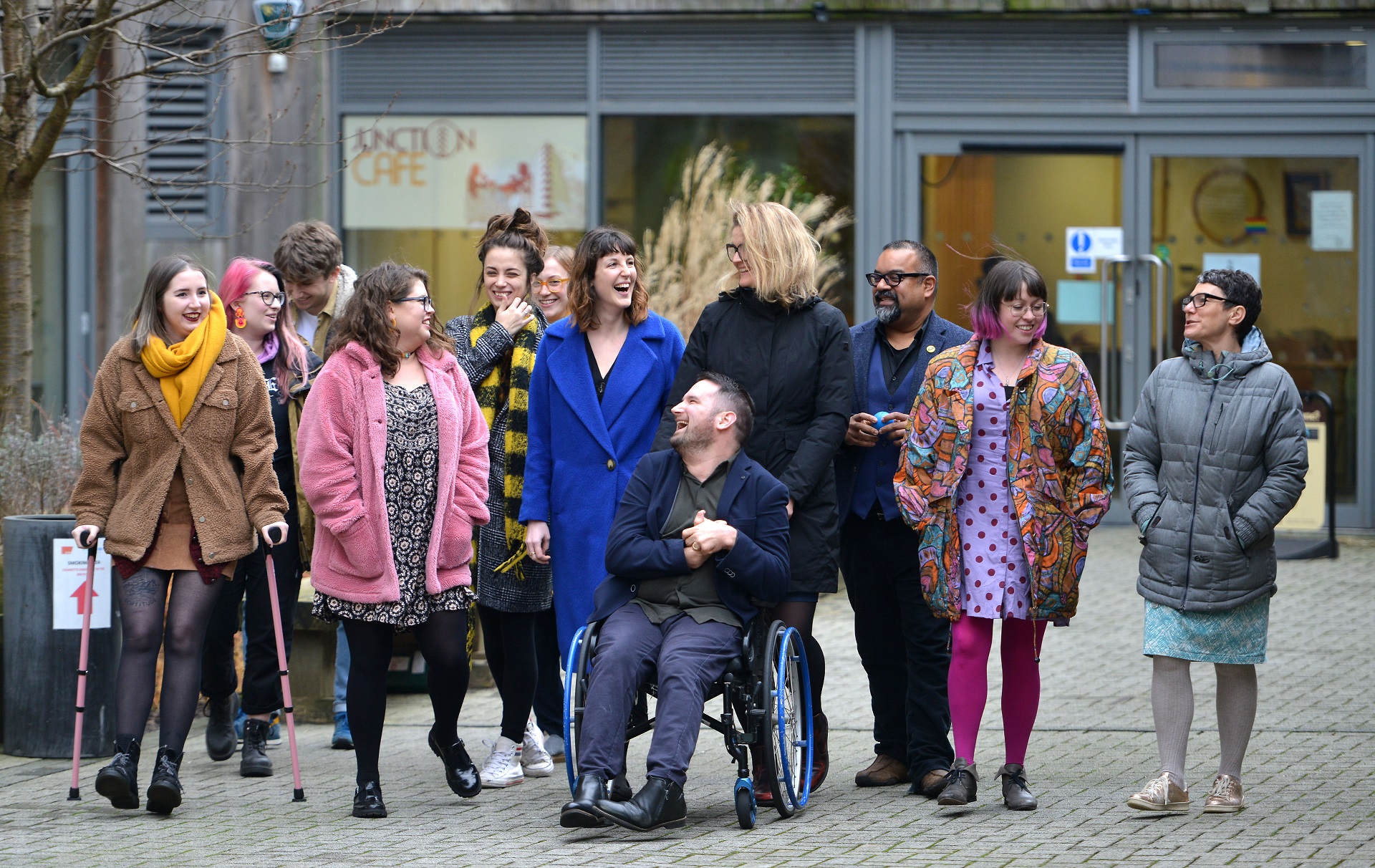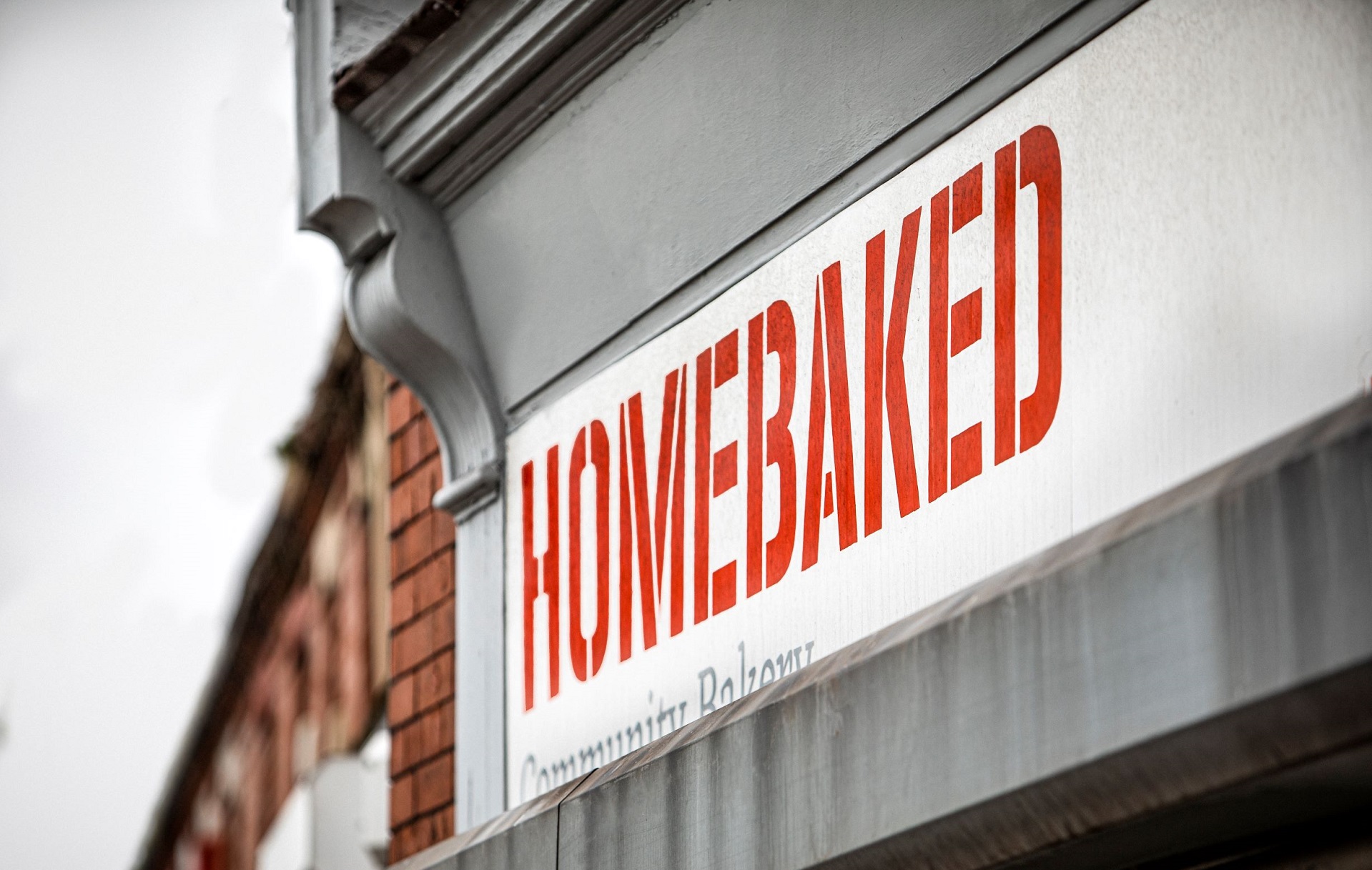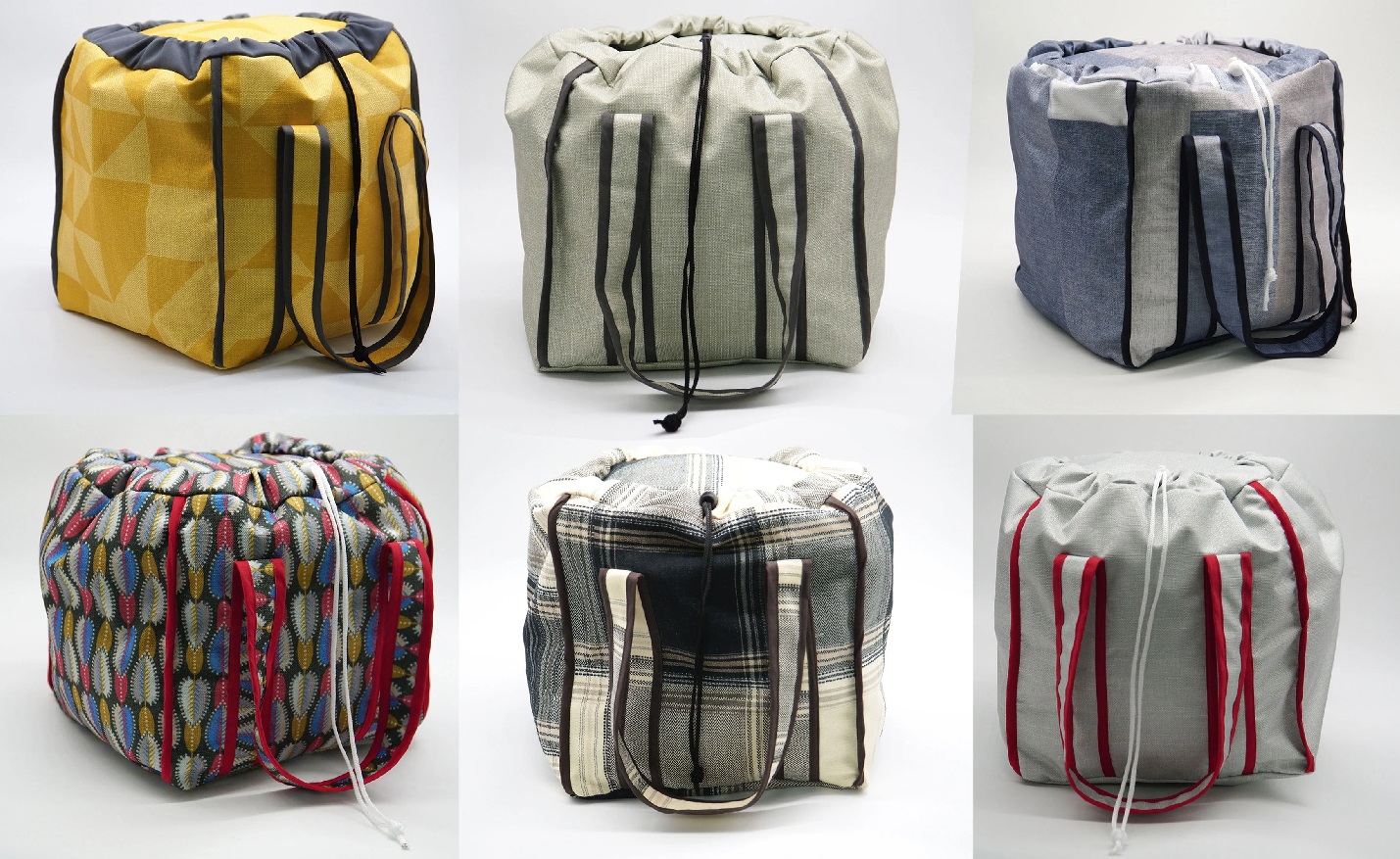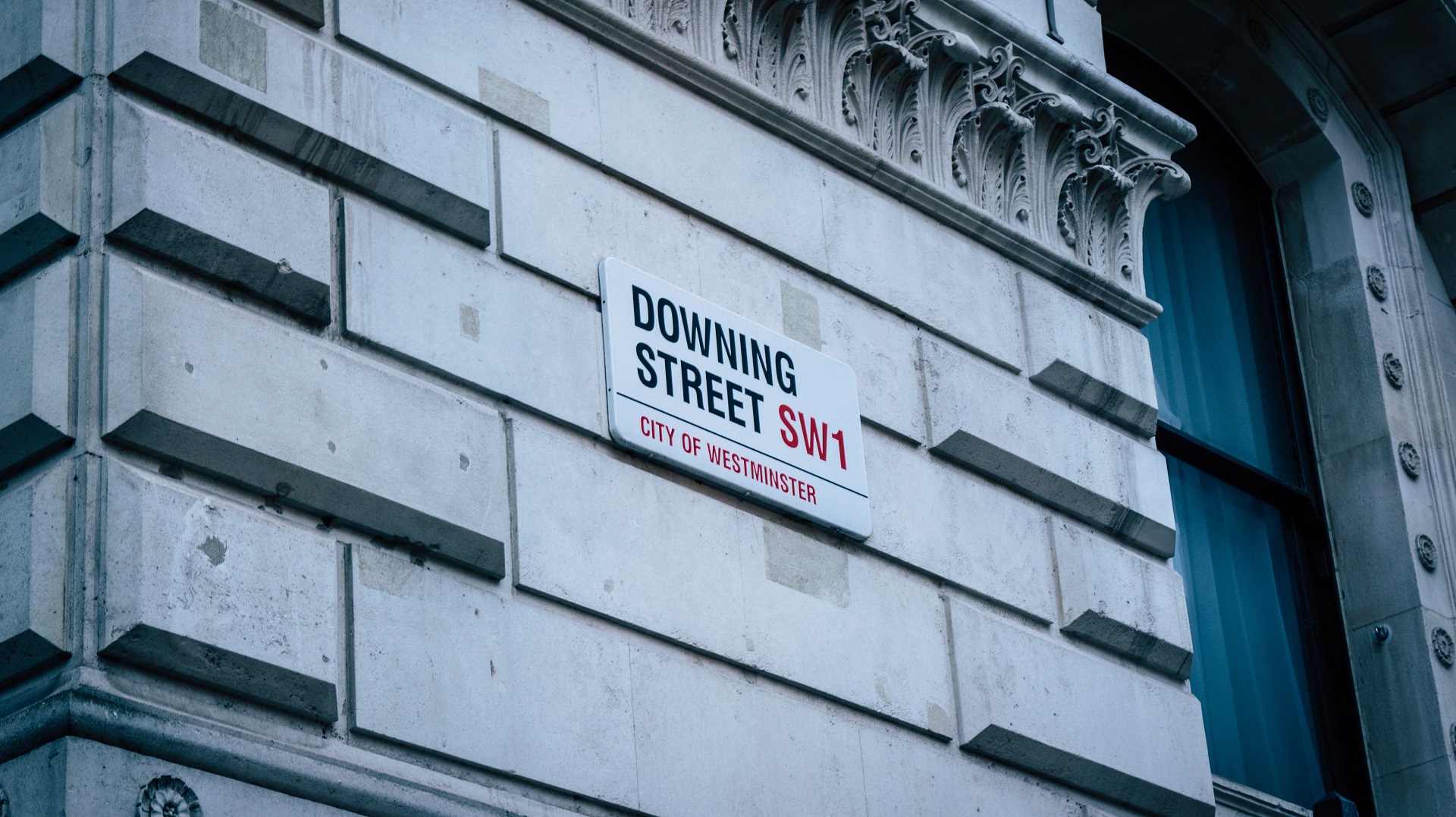
News
Statement on the resignation of the Prime Minister
7 July 2022 Statement from Peter Holbrook CBE, Chief Executive Officer, Social Enterprise UK “The Prime Minister has resigned and we will now see a contest to replace him.” “The country faces significant challenges from the cost-of-living crisis to the climate emergency. We need the next Prime Minister to be someone who understands that we cannot go on with business as usual. We need bold leadership if we are going to get Britain back on track.” “The present situation has shown the importance of integrity and why all our institutions, not just our politics, need to be governed with a sense of social responsibility. Government and business must put people and planet first.” “Social enterprises have a huge role to play in our future. There is no route to levelling up and bringing prosperity to all parts of our country that does not involve growing the social enterprise sector.” “SEUK will work with all Conservative leadership candidates to help them to understand the potential of our sector and we look forward to working with the next Prime Minister.”
1 min

